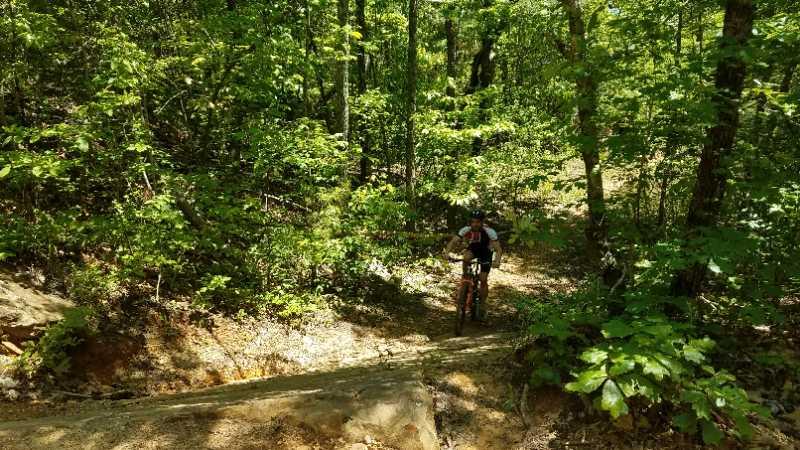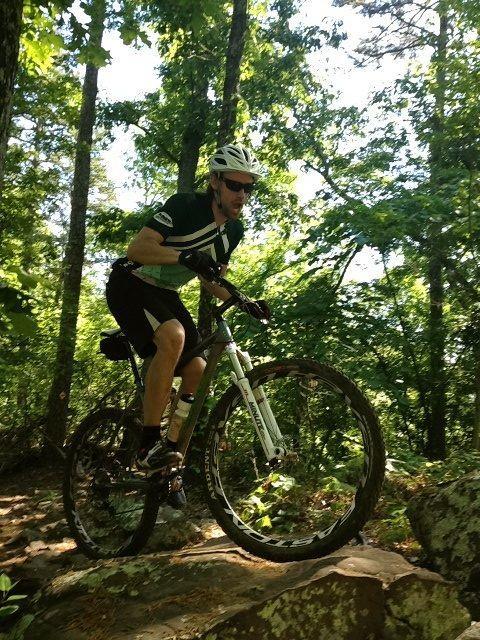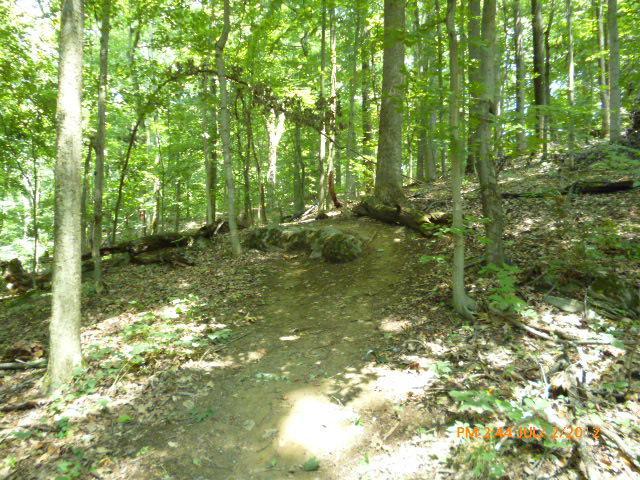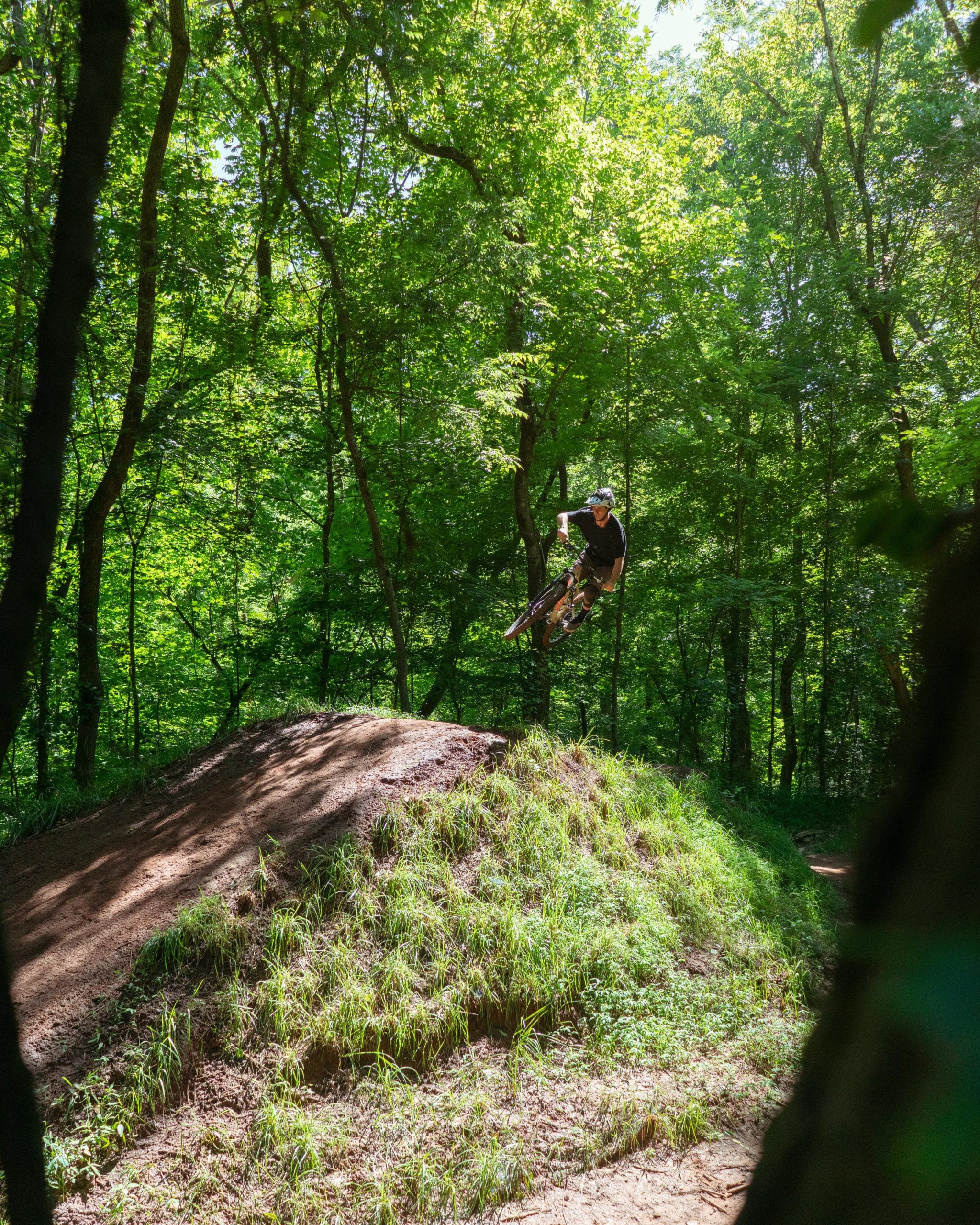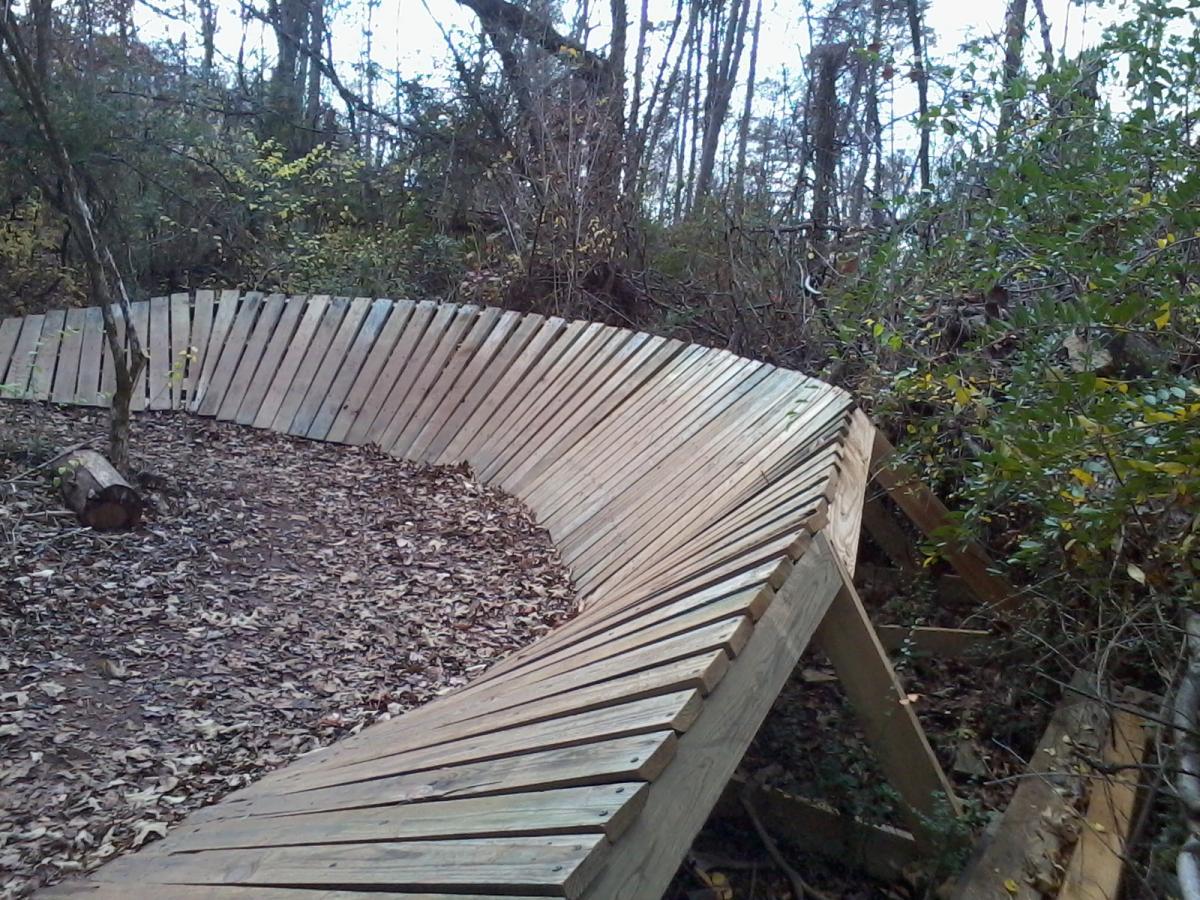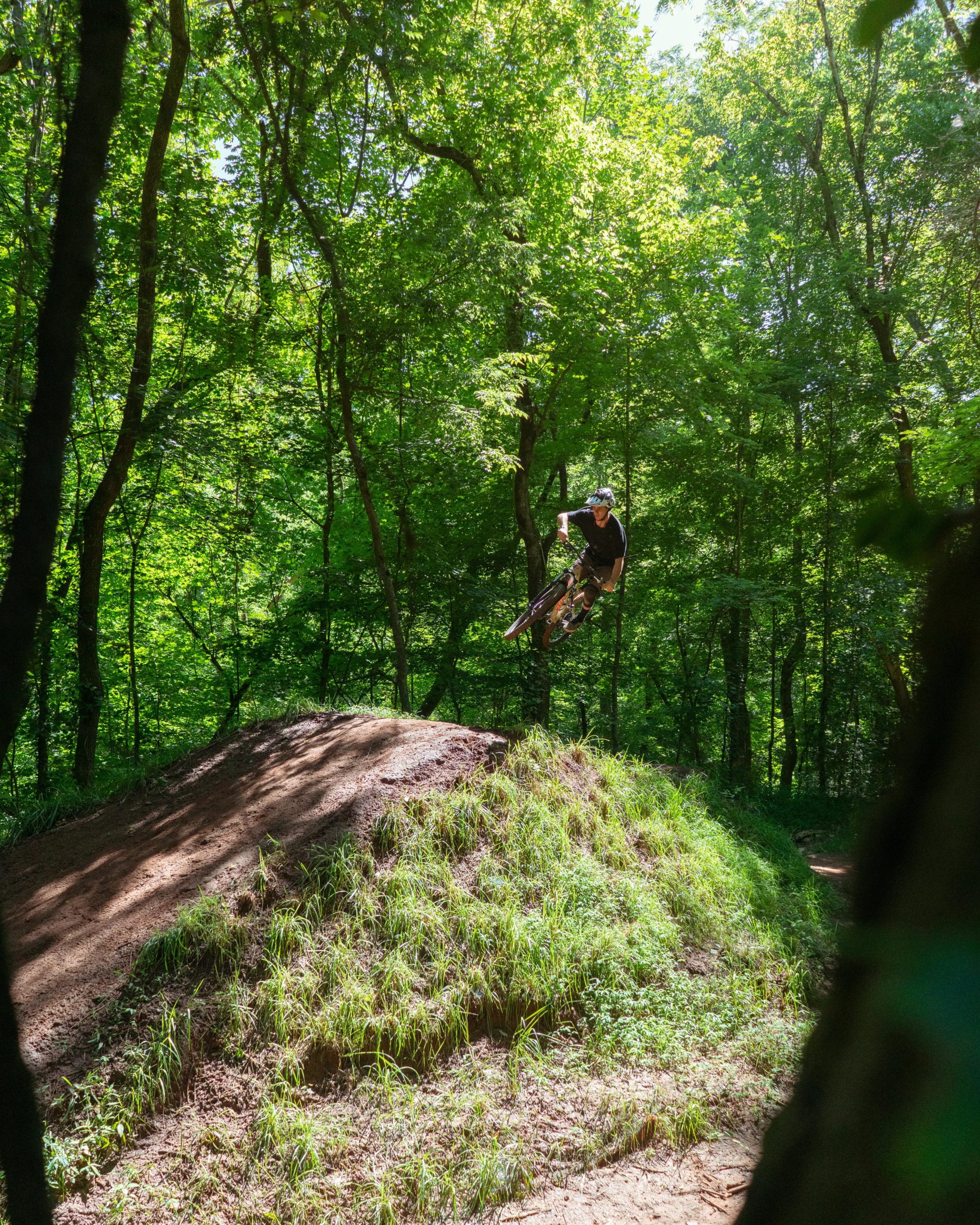Tennessee: Area Description
Like most other states in the U.S., Tennessee is such a huge area that the geography varies from place to place. In the eastern parts of the state, for instance, you get the Blue Ridge mountains. Like other high-altitude areas, these mountains and the surrounding areas are characterized by plenty of greenery.
There are also plenty of elevation changes in these areas, and for mountain bikers, this means challenging climbs that pay off with steep declines.
While there are no large desert areas in the state, there are plains, especially along the Mississippi River. These are characterized by minimal changes in elevation, so if you don't like climbs, these should provide plenty of flatlands to traverse through on your mountain bike.
| Land area (sq. m; sq. km) |
109,247 km2 |
| Minimum Elevation |
178 ft |
| Maximum Elevation |
6,643 ft |
Demographics of Tennessee
| Total population (thousands, million) |
6,916,897 |
| Population density (persons per sq. km) |
64.8/km2 |
With the median age in Tennessee being almost 39 years, the population in Tennessee is significantly older than in young states like Utah, Alaska, North Dakota, Texas, and even Oklahoma.
That said, there are some significantly older states like Maine and New Hampshire. Some of the population does farming, with the state being among the country's highest producers of tobacco, cotton, and soybeans.
Additionally, cities like Chattanooga are manufacturing cities, with some of the products from the state being cars, processed foods, chemicals, drinks, etc.
The median individual income in the state was about $29,000 in 2020, with most households raking in roughly 55,000 annually.
Most of the people in the state don't use the mountain bike trails, although there are a few people who do. As such, if you do visit Tennessee, it's highly unlikely that you'll encounter heavy human traffic.
Climate of Tennessee
Tennessee receives an average of 53 inches of rainfall annually, which is well above the average for other states. Naturally, with this level of rainfall, there tends to be much more greenery than you would find in desert states like Nevada.
This also means that it may rain at any point of the year, and as such, remaining up to date on predicted weather patterns is part and parcel of being a mountain biker in the state. However, if you want to avoid the wettest months, they're November and December.
The rain also means that the trees in the area grow long and have plenty of green leaves. With that, many of the trails provide shade from the sun.
The coldest months are December and January. As for when to visit Tennessee on a mountain biking adventure, any time between March and October should be great, with the temperatures being in the 50°F - 70°F range.
Average temperature by months and seasons
| Month |
Average Temperature |
| January |
39 °F |
| February |
42 °F |
| March |
51 °F |
| April |
60 °F |
| May |
69 °F |
| June |
77 °F |
| July |
80 °F |
| August |
79 °F |
| September |
72 °F |
| October |
60 °F |
| November |
50 °F |
| December |
42 °F |
Infrastructure
While Tennessee doesn't have a ton of bicycle infrastructure like bicycle lanes and thousands of miles of bike trails, residents can use tarmacked roads on their bikes. They also have decent access to the parks and regions with these trails due to a well-developed road system.
As for the mountain bike trails themselves, they're pretty well maintained for most of the year.
You can also get a hotel, depending on the city you'll be visiting, with plenty of amazing options to choose from. In Nashville, for instance, there are over 670 hotels, while a place like Pigeon Forge has almost 1000 hotels.
The Music Road Resort Hotel and Inn in Pigeon Forge which overlooks the Smoky Mountains is one ideal place to stay. Others are positioned in the city for those who would like easy access to things like public transport and other amenities.
Sights and Landmarks in Tennessee
The Chattanooga Mountain is a must see when mountain-biking in Tennessee. The lush green landscape while riding the sides of the mountain is a sight to behold and you have a pretty good vantage point to see the Tennessee River below.
If you are a bit adventurous you can enjoy Great Smoky Mountains National Park, although, unfortunately, very few trails here are open to mountain biking. Finally, most of the trails in the state are about 30 km long or less, so even with the longer ones, you should be able to complete them in less than a day.
FAQ about trails in Tennessee
Is Tennessee good for cycling?
While the weather and temperatures are relatively good for mountain biking, there's not much infrastructure to support mountain bikers. Also, it's a good biking destination for short stays due to the small number of trails, but it might get tiring or boring for people living there to ride the same trails repeatedly. It should be a good place for those who don't mind the monotony.
What kind of terrain should I expect while Mountain Biking in Tennessee?
Depending on the region, you may experience some flat lands with hardly any elevation changes or lush green hilly areas with climbs where elevation changes are the order of the day. Expect some roots on the singletrack trails, and watch out for overhead branches if you're in the middle of a forest. Some trails, like Tesla's Revenge, even have rocks to spice things up.
Where should I start my MTB exploration of Tennessee?
Chattanooga has some of the best trails in the state, so it's a great place to start.

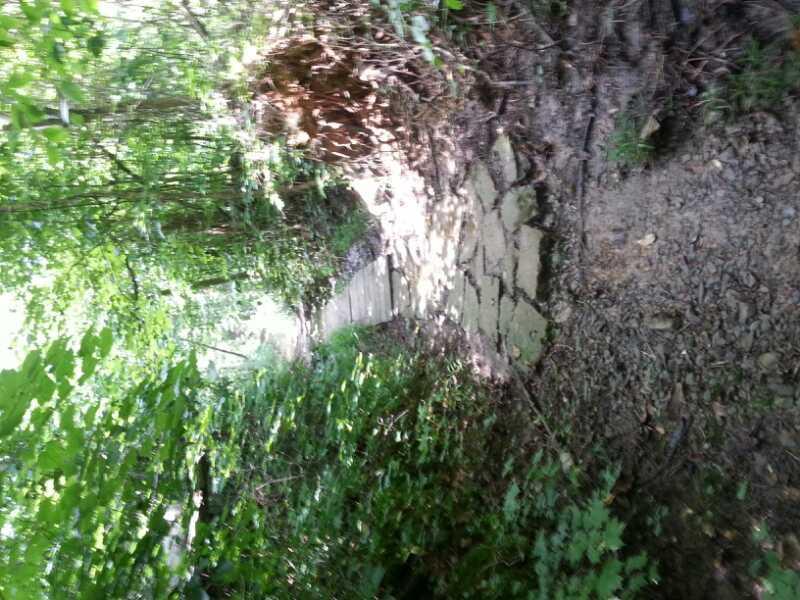
 4 mi
4 mi
